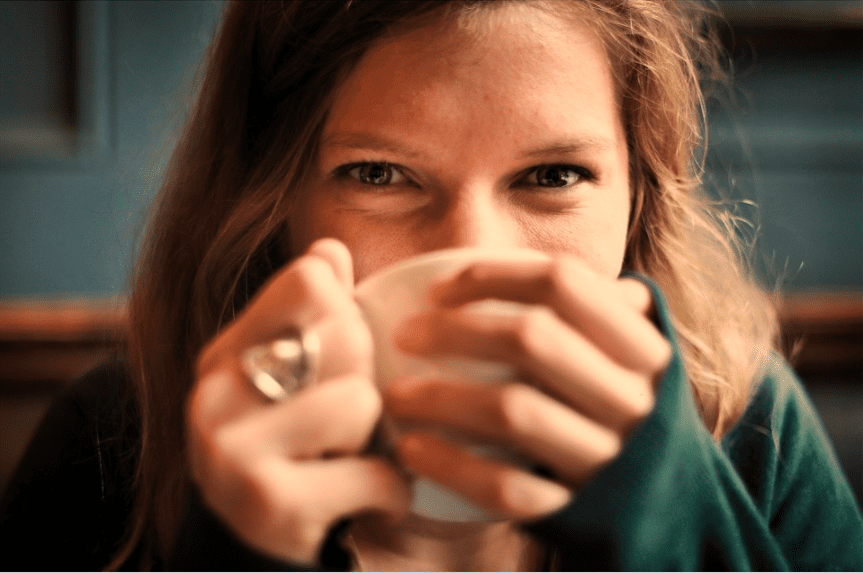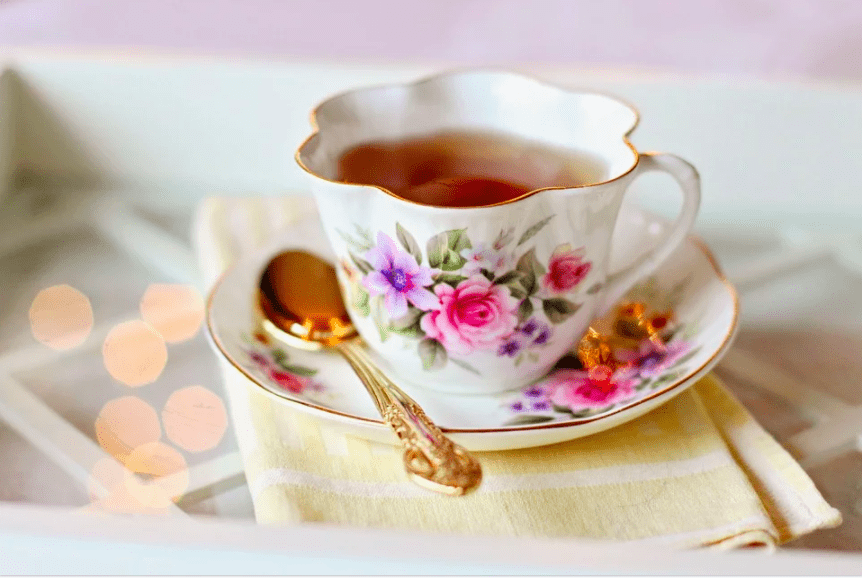In the 19th century, insane or “lunatic” asylums proliferated around the world. And while there were certainly male patients – and patients who legitimately needed full-time care for their mental illnesses – there were far, far too many women sent away by the men in their lives for pretty much anything.
Slept too much? Crazy. Nursed your baby for longer than someone though was okay? Insanity. Talked back? Definitely need a trip to the asylum.

Image Credit: Pixabay
The NHS Grampian Archives, which covers the area around Scotland’s Grampian mountains, recently dug up admissions records from the lunatic asylum in Aberdeen. The annual reports from the 1840s are stunning, with people ending up behind their walls for things like “disappointment in love,” “poverty,” and “sedentary life – abuse of tea.”
This is a list of causes of people's admission to Aberdeen Lunatic Asylum in 1847 – intrigued by the 'abuse of tea'! pic.twitter.com/S3NKiy7H7x
— NHS Grampian Archives (@NHSGArchives) May 17, 2016
The diagnosis intrigued someone at the archives (understandably so), and tracked down more details on the tea-drinking patient. Her condition, it turns out, involved more than lying around drinking too much tea.
Her files state that “she imagines that some species of machinery has been employed by her neighbors in the house she has been living in, which had the effect of causing pain and disorder in her head, bowels, and other parts of the body.”
Employees and doctors at the asylum could find no source for her delusions.
“No cause for her condition can be assigned, except perhaps the excessive use of tea, to which she has always been much addicted.”
The woman was released in June of 1849, and nothing more is known about her life.
Posted by NHS Grampian Archives on Friday, May 20, 2016
There is, it turns out, some historical context for the belief that tea and women don’t mix. An 1886 letter to the editors of The British Medical Journal suggested that the tea-drinking habits of ladies could be a health issue.
“Would you kindly allow me to draw attention to the fact that, among women at least, the abuse of tea frequently leads to the abuse of alcohol! My experience in connection with a home for inebriate women has led me to this conclusion.
Many of the inmates, indeed, almost all of them, were enormous tea-drinkers before they became victims to alc*holic dipsomania. During their indulgence in alcohol, they rarely drink much tea; but, as soon as the former cut off, they return to the latter.
In many instances, alcohol was first used to relieve the nervous symptoms produced by excessive tea drinking.”
There is, of course, no proven connection. Except perhaps that women need to do something to calm their nerves after a day of taking care of house, men, and children – if you take away their tea, whiskey will have to suffice.

Image Credit: Pixabay
Also…you’ll never convince me that some of these women didn’t F*ke mental illnesses just to have a week away from their responsibilities.
Sounds like a half-decent idea these days, doesn’t it?
